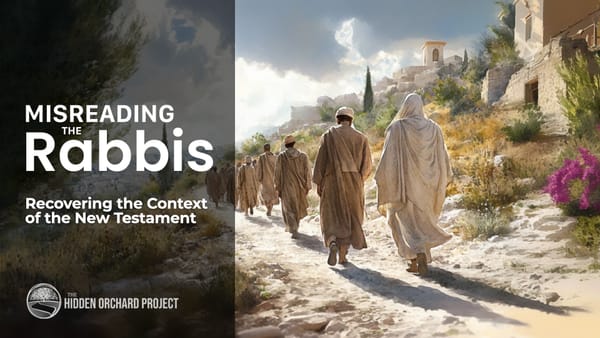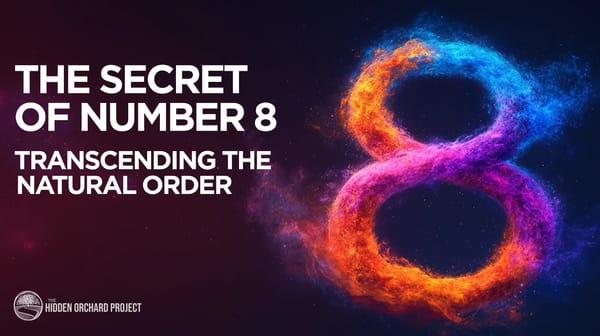Mystical Concepts In The New Testament Part 2
What does the New Testament mean with passages that speak of G_D being in us, or Jesus in your soul? In this 2-part series, we will explore the mystical idea behind these and try to shed some light on these ideas

In Part 1, we learned about the basics of Gilgul (Jewish reincarnation) and its presence behind many New Testament teachings. Of these, we learned about the process of Ibur, and the immense benefits it brings a person in life and after death.
Losing an Ibur
If a person keeps sinning or taking on spiritual impurity, we are taught that they will lose the Ibur and fall from this heightened state.
Rabbi Isaac Luria (The Arizal) teaches:
"If the person becomes evil, the righteous soul will not experience any punishment or loss with him, since he only came as an Ibur in him to cause him good, not cause him evil. On the contrary, if this person negates what he had rectified for good, then the righteous soul will separate from him and leave him." - Shaar HaGilgulim 2:4
Similarly, Paul also warns:
"Do not quench The Spirit." ... "May your Spirit and soul and body be kept blameless at the coming of our Lord Jesus Christ." - 1 Thess. 5 :19, 23
The Ibur relies upon one's obedience to the wisdom of the Torah. Obeying the incumbent commandments and prohibitions is critical.
A practical example: if a righteous person excelled at giving charity, a student can connect to their master's soul by actively giving charity with careful attention to giving charity as they were taught. This intention helps create a strong spiritual bond with their Master, which amplifies the act below.
This is the idea behind Yeshua's instruction in John:
“Just as the Father has loved me, I have also loved you; remain in my love. If you obey my commandments, you will remain in my love, just as I have obeyed my Father’s commandments and remain in his love. - John 15:5-9




